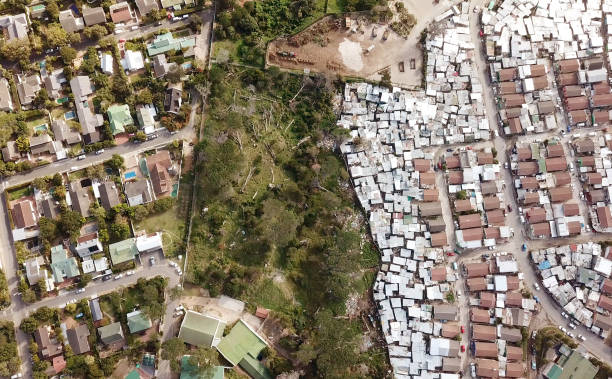explain reasons for unequal access to basic services
Need Help?
[quform id="1" name="Schools Form"]Unequal access to basic services like water, sanitation, healthcare, and education is a widespread issue that affects many countries, including South Africa. This inequality is deeply rooted in historical, social, economic, and political factors that collectively contribute to disparities among different communities. Understanding these underlying causes is critical to developing strategies and policies that promote equal access to essential services.
Table of Contents
7 Reasons for Unequal Access to Basic Services
Reasons for unequal access to basic services in South Africa are:
- Historical Factors: Legacy of historical injustices like apartheid, leading to lasting inequality.
- Economic Disparities: Gap between rich and poor, resulting in unequal infrastructure and resources.
- Geographic Location: Urban-rural divide, with urban areas having better access to services.
- Political Factors: Corruption, mismanagement, and lack of transparency, leading to unequal distribution.
- Social Discrimination: Marginalization based on race, gender, or ethnicity, hindering access to services.
- Lack of Infrastructure and Investment: Insufficient development of roads, schools, hospitals, and other essential facilities.
- Education and Awareness: Lack of knowledge about available services and rights, limiting people’s ability to access them.
Historical Factors
Many regions, especially those that have faced colonialism and apartheid, still bear the scars of historical injustices. In South Africa, apartheid policies systematically marginalized non-white communities, leading to a lasting legacy of inequality in access to services.
Economic Disparities
The gap between the rich and the poor often translates into unequal access to basic services. Wealthier areas usually have better infrastructure, such as hospitals, schools, and water supply systems. Conversely, impoverished communities may lack the financial resources needed to access or maintain these services.
Geographic Location
Urban areas typically have better access to services compared to rural regions. The concentration of resources in cities leaves rural communities underserved, with less access to healthcare facilities, clean water, and quality education. The distance and lack of transportation options further exacerbate these challenges.
Political Factors
Political will and governance play a crucial role in the allocation of resources. Corruption, mismanagement, and inefficiency in the administration can lead to unequal distribution of services. A lack of accountability and transparency in government operations can perpetuate existing inequalities.
Social Discrimination
Discrimination based on race, gender, ethnicity, or other social factors can lead to unequal access to services. Communities that face social marginalization often have limited access to essential services, reflecting broader societal inequalities and biases.
Lack of Infrastructure and Investment
Insufficient investment in infrastructure development can hinder access to basic services. In areas lacking proper roads, schools, hospitals, or sanitation facilities, residents struggle to access essential services, further widening the gap between different communities.
Education and Awareness
A lack of education and awareness about available services and rights can limit people’s ability to access them. Communities that are not informed about their entitlements or do not know how to navigate bureaucratic systems may be unable to utilize available resources.
Conclusion
Unequal access to basic services is a complex and multifaceted issue that requires comprehensive and context-specific solutions. In the South African context, the interplay of historical legacies, economic disparities, geographic location, political factors, social discrimination, lack of infrastructure, and education challenges creates a complex web of inequality. Addressing these underlying reasons demands collaborative efforts from government, civil society, and communities. By acknowledging and actively working to eliminate these barriers, society can move towards a more equitable and inclusive future where all individuals have the essential services they need to thrive.
No related posts found.

